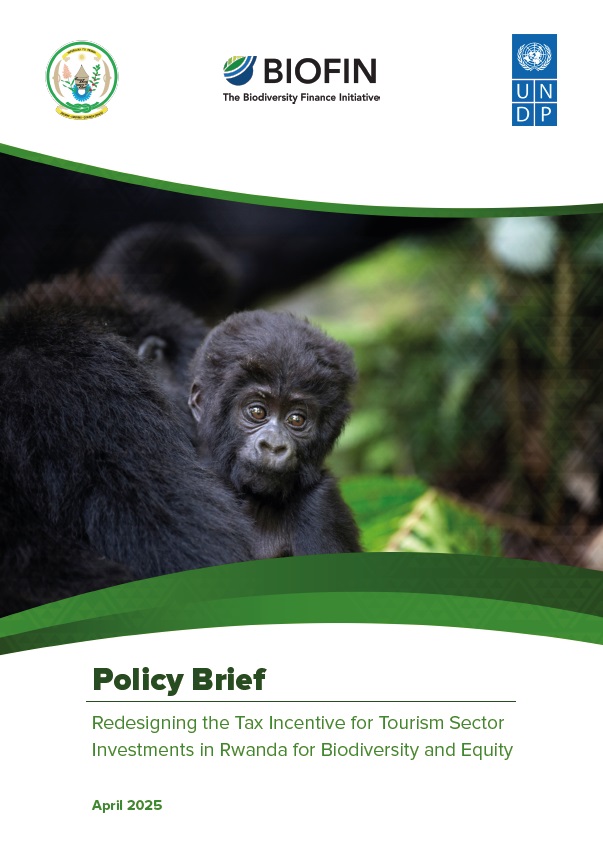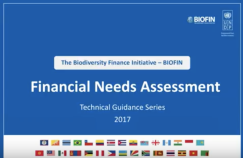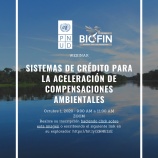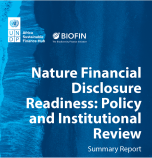
Rwanda is exploring innovative ways to make its tourism sector more inclusive and environmentally sustainable. This policy brief, summarized the potential of redesigning the country’s tourism tax incentive to better support biodiversity, equity, and climate resilience.
The policy brief proposes a dual-track tax incentive system—one that maintains benefits for large-scale investors while introducing a new pathway for smaller developers who adopt certified green technologies. This approach could help reduce ecological harm, promote innovation, and create more opportunities for local businesses in eco-tourism.
The key findings offer a strategic direction for aligning fiscal incentives with Rwanda’s Vision 2050, which prioritizes sustainable development and a clean, resilient environment. The policy brief also highlights key environmental challenges linked to tourism infrastructure, such as habitat fragmentation and water pollution, and suggests ways to address them through policy reform.
This brief is intended to inform dialogue among policymakers, investors, and conservation stakeholders. It invites further discussion on how Rwanda can lead the way in sustainable tourism by integrating environmental performance into investment incentives.



